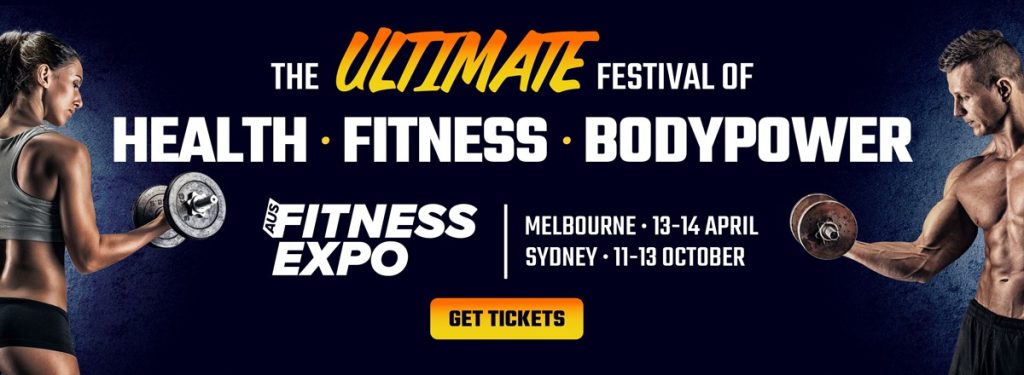Duncan Hunter, Accredited Practising Dietitian, and Independent Advisor to Atkins Nutritionals discusses the pros of protein – what, why, when and how much.
Why protein?
Proteins are the body’s building blocks, and the basic machinery of all cells. Your body needs protein to grow and function, to build and repair tissue, to make enzymes, hormones and other bodily chemicals and as an essential building block for bones, cartilage, skin and blood.
Since protein is a macronutrient, your body needs plenty of it to stay healthy, yet protein isn’t stored by the body in the same way as fats and carbohydrates so when you’re running low, there are no reserves from which to draw.
We need protein to maintain health, to grow new cells, to repair and recover from exercise and injury and to build lean muscle which boosts our metabolism and helps maintain a healthy weight.
As an added bonus, eating protein makes you feel full for longer which reduces the likelihood of bingeing on unhealthier options. A recent study presented by the University of Sydney further supports the important role protein plays in our diets and according to nutritional ecologist Professor David Raubenheimer, we can “help manage and prevent obesity, through ensuring that the diets we eat have a sufficient level of protein to satisfy our appetite”1.
How much protein?
Often the consideration is not whether we’re getting enough protein but where we’re getting it from, as well as the way we’re spacing our protein intake throughout the day. Industry guidelines recommend one serve of protein from high quality animal and dairy based sources at every meal, consuming around one gram of protein per kilogram of body weight daily as a rough guide (see serve suggestion in table below).
Best protein sources:
Fish & Shellfish Tuna – particularly Yellowfin, contains plenty of protein and just one gram of fat with no carbohydrates, and is rich in anti-oxidants and Omega-3 fatty acids. If you’re eating it tinned choose natural flavours. Prawns are another great source of protein, Omega-3 fatty acids, calcium and vitamin E.
Chicken & Turkey
Lean chicken and turkey breasts have high protein and low fat content. Both are rich sources of B vitamins, phosphorus and tryptophan.
Pork
The ”other white meat” – lean pork fillets contain almost the same amount of protein as lean chicken breasts but with less fat – and they’re a great source of vitamin B12, iron and selenium.
Beef & Lamb
Beef and lamb are packed with protein, zinc, iron and B vitamins, but they do contain more fat than their white meat counterparts, so try to limit your intake to three serves a week.
Eggs
Eggs contain the highest-quality protein found in any food, and are full of antioxidants as well as vitamins and minerals such as iodine and B vitamins. Hard boiled eggs make a great snack – as they replenish your protein stores, and the good fats will keep you feeling fuller for longer.
Legumes
Tofu (bean curd) is unlike other legumes, as it is high in protein calcium and vitamin E, yet has zero carbohydrates. Beans are another quality source of protein, but be careful with quantities as their carb content is quite high.
Dairy
Milk and yoghurt are both excellent sources of protein, calcium, magnesium and folate – opt for full fat and natural versions to get the most nutrients and to avoid hidden sugar. Cheese is another strong protein source – and lower in hidden carbs than other dairy products.
Nuts
Almond are the best nut to snack on – they provide the greatest amount of protein per carb intake, and are a good source of vitamin E, calcium, magnesium and potassium – but stick to around a match box amount per day.
Food for thought:
There are many products marketing themselves as high protein but it pays to know what you’re eating. Spirulina, for instance, contains protein when you consume high quantities, but even 20 standard one milligram tablets wouldn’t even compare to the protein content of a piece of fish or chicken. Quinoa is another to watch out for, yes it has a higher protein value than rice, but a serve only contains the same amount as a slice of bread so there are many more beneficial ways to add protein to your diet.
 Reference 1. High Protein Diets Can Work, Medical Express, July 3 2014
Reference 1. High Protein Diets Can Work, Medical Express, July 3 2014

